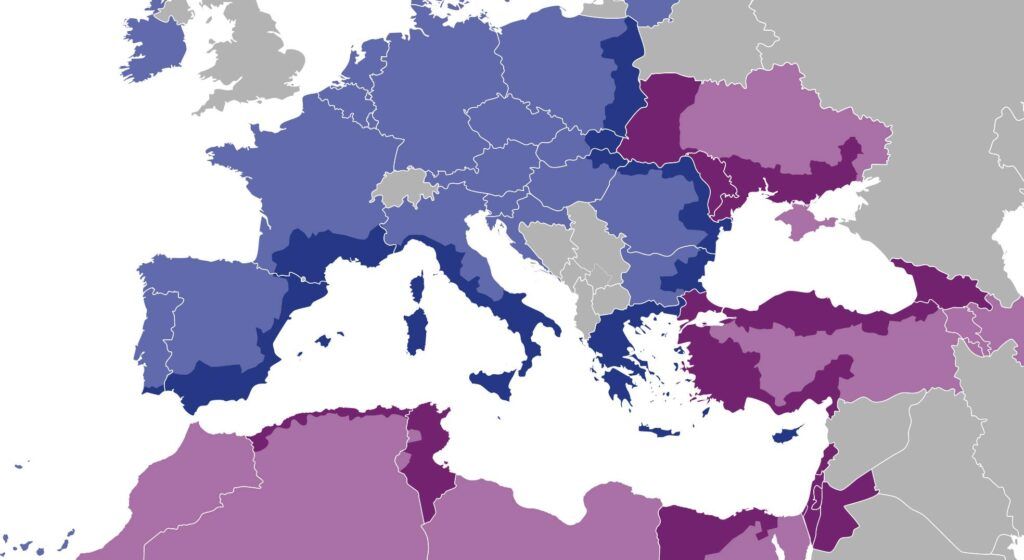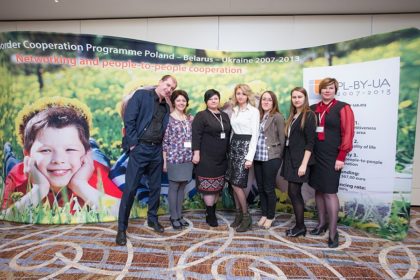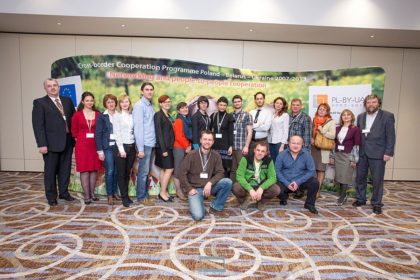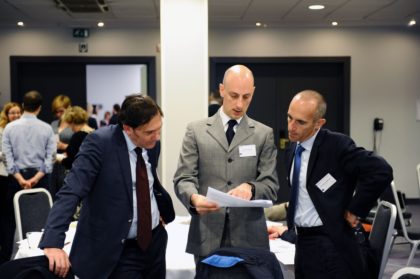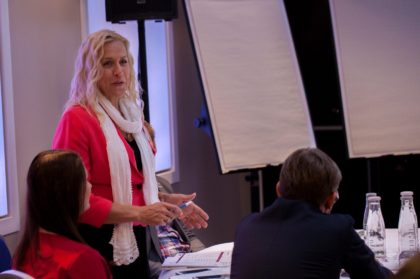TESIM (Technical Support to the Implementation and Management of ENI CBC programmes) is a technical assistance project which provides support and guidance to the 15 ENI CBC programmes. It is financed by the European Commission, and managed by DG REGIO – Directorate General for Regional and Urban Policy, acting as Contracting Authority. The project is implemented by a consortium led by Particip GmbH. Get to know the TESIM team.
Programme support
The objective of TESIM’s support in this field is to improve the management and implementation quality of the ENI CBC programmes, enhancing also the cooperation between EU member states and neighbouring countries.
Under this component, TESIM has 5 main aims:
- Improving the efficiency of programme management and project monitoring
- Increasing the effectiveness of programme delivery
- Facilitating the transfer of know-how and the exchange of information amongst programmes
- Increasing coordination among ENI CBC programmes and other instruments (Interreg, IPA CBC, macro-regional strategies, other donors, support etc)
- Increasing visibility of ENI CBC as a whole.
As the ENI CBC programmes are implemented, TESIM provides support in various forms, such as tailor-made trainings, guides, networks, etc.
Project level support
Cross-border cooperation brings challenges particularly for local and regional organisations in the CBC Partner Countries. To facilitate their full and active participation, strengthening the project development and management capacity of eligible organisations in the CBC Partner Countries is the second main component of TESIM support.
In close cooperation with programme management bodies and National Authorities in the CBC Partner Countries, TESIM offers training, tools and resources, in a range of languages, to strengthen the capacity of ENI CBC project applicants and beneficiaries in all aspects of project identification, development and implementation. Here you will find resources for eligible organisations wanting to build their skills; materials for organisations wanting to conduct trainings (e.g. Regional Authorities, networks, associations or universities); and tips and resources for programme management bodies or National Authorities to use when delivering their own training.
